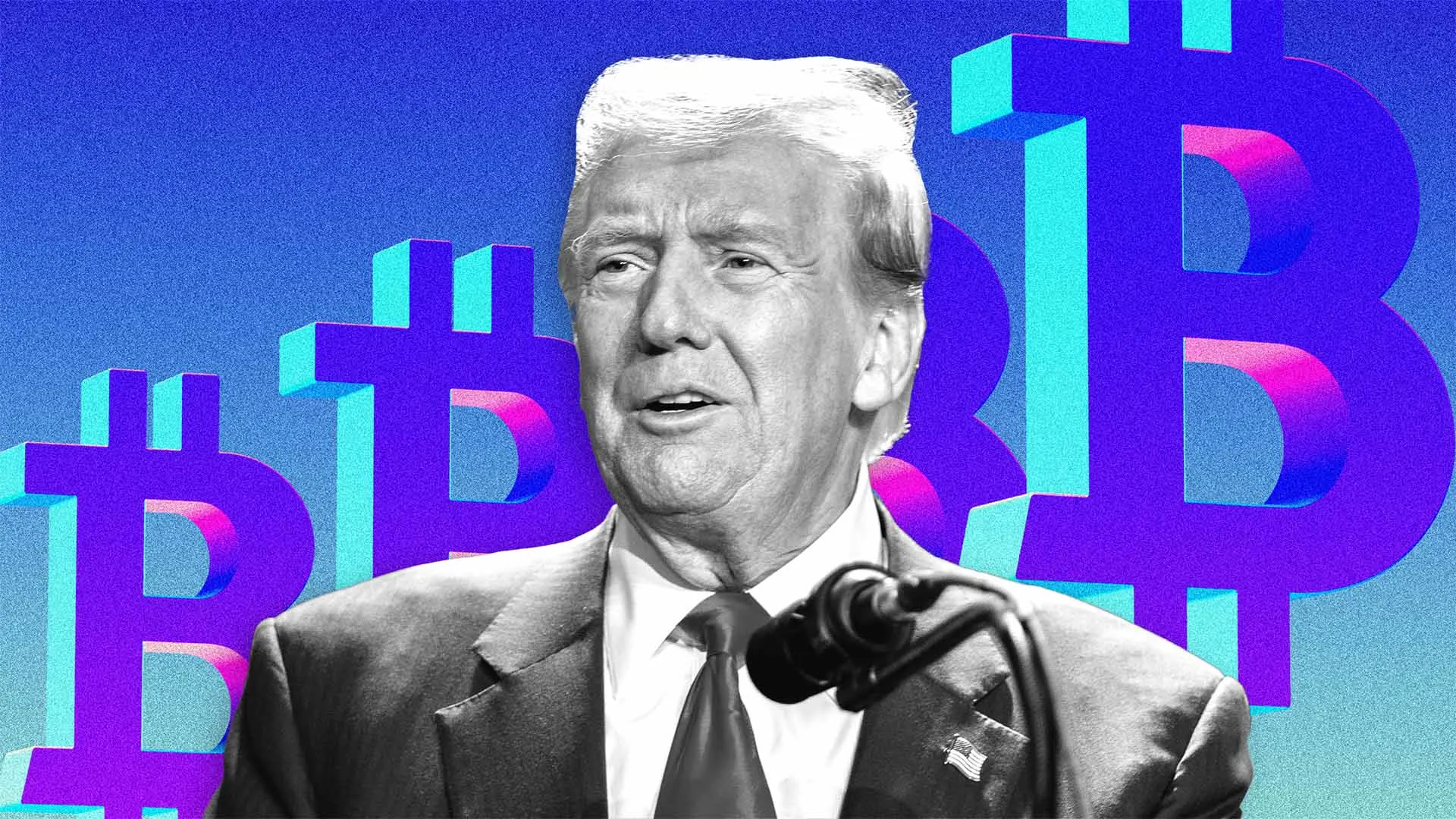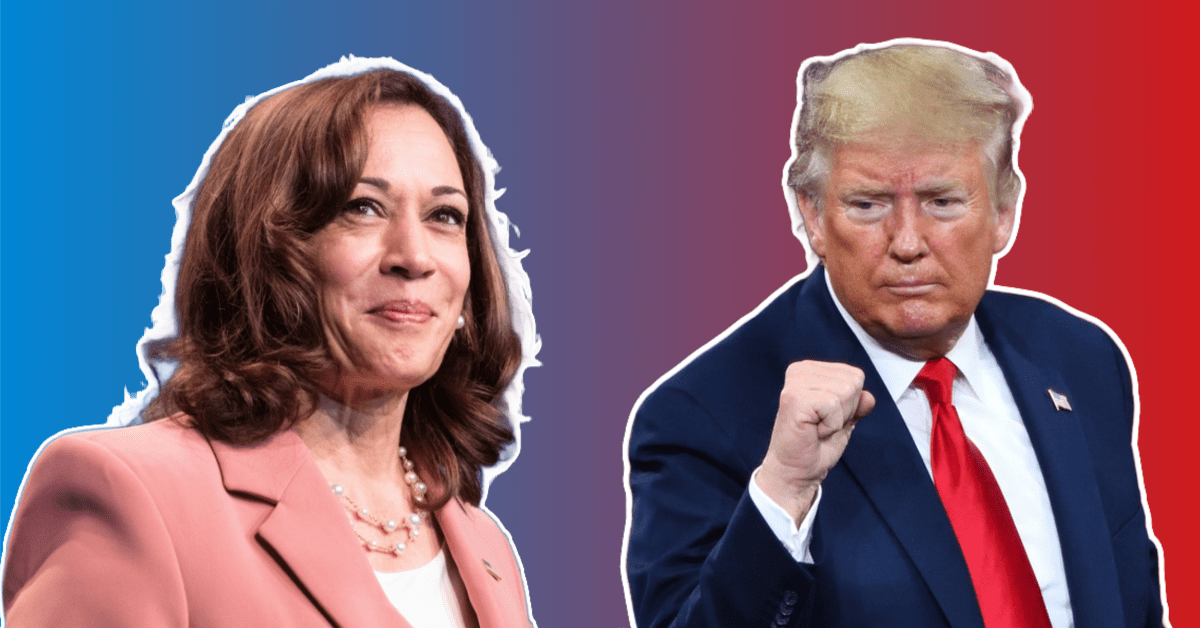Donald Trump’s return to the Oval Office has sent shockwaves through the financial world, with Bitcoin leading the charge. Since Election Day, Bitcoin has surged over 30%, breaking its all-time high 9 times out of 12 days and at the time of writing hovering near $96,000. Analysts predict it could cross $100,000 before the year ends – a figure that would push it above a $2 trillion market capitalization. The rally driven by optimism over Trump’s pro-crypto agenda and a bipartisan Congress that supports the crypto industry.
Beyond the price rally, Trump’s presidency is poised to usher in transformative changes for the cryptocurrency industry. These shifts, collectively referred to as “Trump Trades,” reflect the industries and asset classes expected to thrive under his administration. Below, we explore the key changes anticipated for Bitcoin and the broader crypto ecosystem.
1. Advancement of Pending Crypto Legislation
Under the Trump administration, several stalled crypto bills could finally gain traction:
- The Financial Innovation and Technology for the 21st Century Act (FIT21): This act aims to clarify regulatory oversight by defining roles for the SEC and CFTC. With clear boundaries, the industry would benefit from a predictable and transparent regulatory framework.
- The Clarity for Payment Stablecoins Act: This bill seeks to establish guidelines for payment stablecoins, explicitly excluding them from being classified as securities under U.S. law.
- The Central Bank Digital Currency (CBDC) Anti-Surveillance State Act: By halting U.S. CBDC development, this act could foster private stablecoin innovation, allowing such assets to expand their role in the financial system without government competition.
The passage of these laws could de-risk the crypto industry significantly, creating a fertile environment for innovation and adoption. According to Bloomberg president-elect Donald Trump’s team is already holding discussions with the digital asset industry about whether to create a new White House post solely dedicated to crypto policy. Executives including Coinbase CEO Brian Armstrong and former Coinbase executive Brian Brooks met with Trump on Nov. 19 – though the details of this discussion are yet known. The appointment of a White House crypto czar would likely boost already sky-high expectations that Trump could create a U.S. bitcoin strategic reserve that would see him follow through on promises made during a July bitcoin conference to make the U.S. the “crypto capital of the planet.”
2. Shift Toward Cooperative Crypto Regulation
Trump’s presidency marks a potential pivot from the SEC’s aggressive enforcement strategy to a more collaborative approach. Key changes include:
- Resolution of High-Profile Lawsuits: Ongoing cases against major players like Coinbase and Robinhood could be settled or dropped, reducing litigation risks.
- Reconsideration of Regulatory Notices: Restrictions placed on platforms like Uniswap may be eased, allowing decentralized platforms to operate with more freedom.
- The Trump transition team is reportedly considering Teresa Goody Guillén, a seasoned securities lawyer with blockchain expertise, as a candidate for the next SEC chair. Sources indicate President-elect Trump seeks a pro-crypto reformer to overhaul the agency and introduce light-touch regulations to foster innovation.
A cooperative regulatory environment would encourage entrepreneurship and attract institutional players who previously hesitated due to unclear or punitive regulations.
3. Increased Bank Participation in Crypto Custody
The Trump administration is expected to foster greater involvement from traditional financial institutions in the crypto market.
- Repeal of SEC Staff Accounting Bulletin No. 121: This rule, which required banks to record customer crypto holdings as liabilities on their balance sheets, has been a significant barrier. Its repeal would pave the way for banks to offer crypto custody services without undue risk.
- Leadership Changes at Federal Agencies: Anticipated shifts at the Federal Deposit Insurance Corporation (FDIC) and the Office of the Comptroller of the Currency (OCC) could encourage banks to engage more freely with digital assets.
These changes would unlock institutional capital, enabling banks to play a more active role in the crypto ecosystem.
4. Momentum for Spot ETFs Beyond Bitcoin
Trump’s victory has already fuelled optimism for Bitcoin spot ETFs. Already major players like BlackRock are beginning to expand the functions of their ETFs to quench the demand for more sophisticated offerings. Recently BlacRock launched options trading for its iShares Bitcoin Trust ETF (IBIT). These options started trading on Nov. 19 at Nasdaq and saw an unprecedented $1.9 billion in notional exposure on the first day of trading. Options trading enables investors to leverage Bitcoin’s volatility without directly owning the asset. These contracts are a positive development for spot Bitcoin ETFs as it gives more tools for traditional investors and attracts more liquidity from bigger players.
This momentum is extending to other assets like XRP. Since Election Day, XRP has surged 134%, marking its first time breaking the $1 threshold since December 2021. This rally has also pushed XRP’s year-to-date returns into positive territory, with gains exceeding 80%.
- Potential Spot ETFs for XRP, Solana, and Beyond: While hurdles remain, including unresolved lawsuits over unregistered securities, the SEC may approve spot ETFs for these assets after regulatory + market adjustments and a new pro-crypto enforcer.
- Interest in Multi-Token Spot ETFs: With the growing popularity of diversified investment products, multi-token spot ETFs could capture significant market interest.
The availability of spot ETFs across a range of crypto assets would bring more institutional capital into the market, bolstering liquidity and mainstream adoption.
5. Surge in Crypto Venture Capital and M&A Activity
Clearer regulations under Trump’s administration could catalyze a wave of investment activity in the crypto space:
- Increased Venture Capital Funding: Startups and projects would benefit from a more stable regulatory environment, attracting substantial investment.
- Growth in Mergers and Acquisitions: Consolidation within the industry could accelerate, with larger players acquiring innovative startups.
- Initial Public Offerings (IPOs): Crypto firms may explore IPOs as a viable funding route, enhancing their credibility and market reach.
Additionally, collaboration between regulators and the industry on token issuance, asset tokenization, and decentralized autonomous organizations (DAOs) could drive further innovation. Wyoming’s Decentralized Unincorporated Nonprofit Association Act, which grants DAOs legal status, serves as a model for progressive legislation in this area.
A New Era for Bitcoin and Crypto
Trump’s presidency has set the stage for transformative growth in the crypto industry. His administration’s pro-crypto policies, coupled with bipartisan support in Congress, promise a more innovation-friendly regulatory environment.
From advancing crypto legislation to enabling institutional participation and expanding investment opportunities, the changes on the horizon could elevate Bitcoin and other cryptocurrencies to new heights. As Bitcoin approaches $100,000, it stands as a symbol of the industry’s potential in a world where regulatory clarity and institutional adoption go hand in hand.
The future of crypto under Trump’s leadership looks brighter than ever, with Bitcoin leading the charge into this bold new era. Signs of a shift in the regulatory climate for crypto in the US appears to be pivoting, as governing bodies prepare for a regime shift ahead of Donald Trump’s inauguration.
DISCLAIMER: Dealing or trading in cryptocurrency carries risk. By dealing or trading in cryptocurrency you assume the inherent or associated risks arising from the volatility of cryptocurrency and its limited use in the mainstream marketplace, including loss of capital. Trading in cryptocurrency may not be suitable for all persons. Past returns or performance of any cryptocurrency are not a reliable indicator for future returns. This is not financial advice and is not an invitation to trade. Ovex (Pty) Ltd is an Authorised Financial Services Provider (FSP 53922) and a registered credit provider (NCRCP15552).





